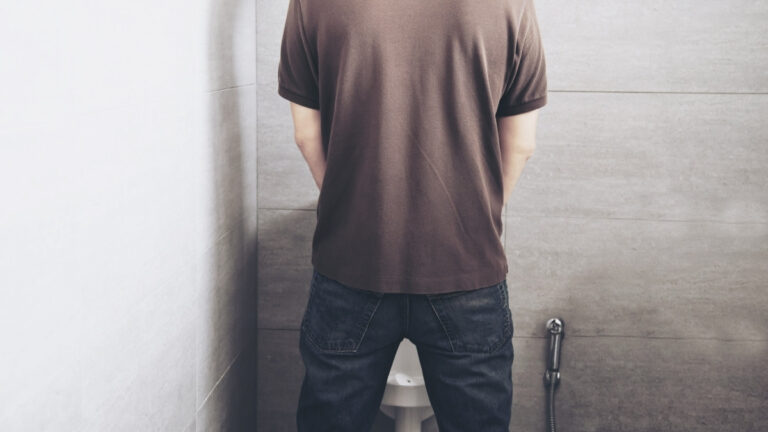Breaking: These Everyday Habits Could Be Silently Leading You Toward Death

Research from 2025 shows lifestyle diseases now cause over 38 million deaths every year worldwide, many fueled by small, “normal” habits you probably don’t think twice about (PubMed Central). You might eat okay, walk a bit, and feel fine—but the truth is, even healthy people can silently build up damage through daily routines that seem harmless.
Studies from Nature reveal that people with four to five unhealthy lifestyle factors face twice the risk of premature death compared to those with none. These “everyday habits mortality risk” patterns—like sitting too long, poor sleep, chronic stress, or skipping meals—chip away at your long-term health.
In this article, you’ll learn about five common daily habits scientifically linked to higher death risk, the specific thresholds where danger begins, and practical steps you can take this week to start reversing the damage. You’ll also see why exercise alone can’t undo some of these risks and how small, consistent changes protect your health for decades.
Your habits—not your genes—decide how long and how well you live. It’s time to fix the small things that quietly shape your future.
Prolonged Sitting Increases Mortality Risk by 30% (Even If You Exercise)

You sit at your desk for 8 hours. Then you drive home. Then you sit on the couch. Sound familiar? Most office workers sit 11-12 hours every day. And it’s killing them slowly.
Here’s the scary part: A study of 480,000 people over 13 years found desk workers have a 16% higher chance of dying early.
Women who sat 11.7 hours daily had a 30% higher death risk than those sitting just 8.1 hours. After 10.6 hours of sitting, your risk of heart failure and early death shoots up.
Your Gym Routine Won’t Save You

Think your evening workout cancels out a day of sitting? It doesn’t. Research showed that women who exercised a lot still had the same higher death risk if they sat too long. High exercise or low exercise—didn’t matter. The sitting still hurt them.
Why? When you sit, your body basically shuts down. Blood flow slows. Your muscles stop working. Glucose doesn’t get used properly. Your pulse drops. It’s like your body goes into power-saving mode, but not the good kind.
What Actually Works
Standing desks help a little. But they’re not enough. You need movement. Taking a 5-minute walk every 30 minutes cut blood sugar spikes by 60%. It also lowered blood pressure. Even replacing just 30 minutes of sitting with light walking improved BMI and cholesterol.
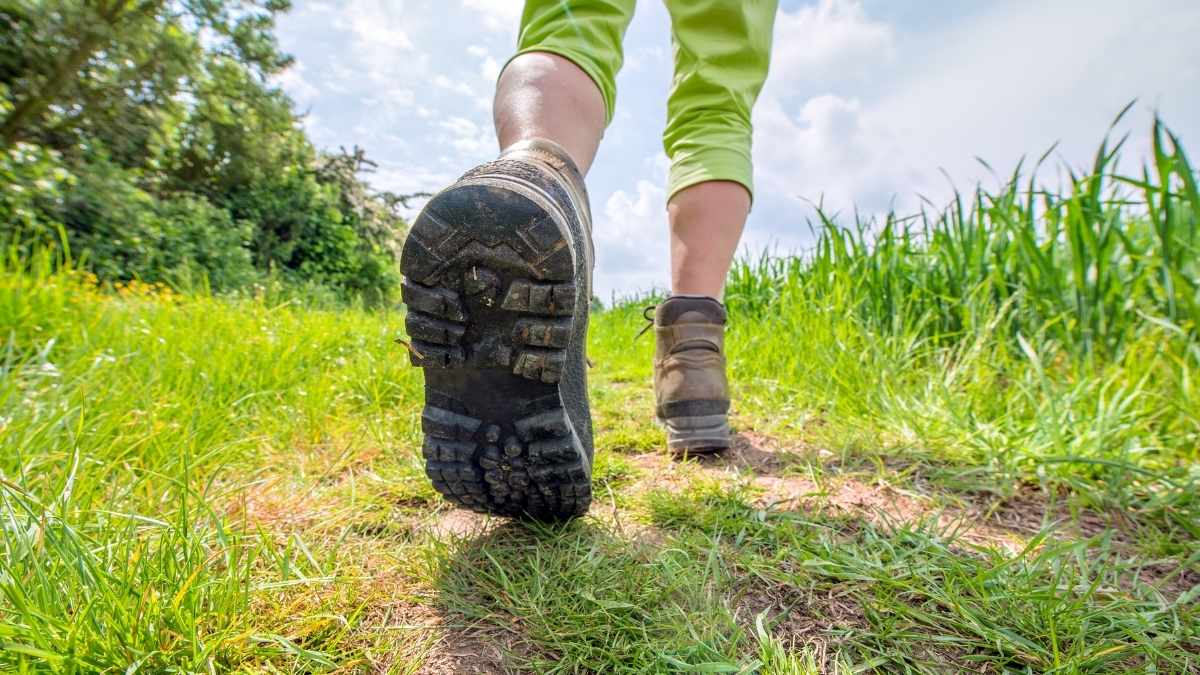
Remote workers are in even more danger. No walk to the parking lot. No walk between meetings. Just home to chair to bed.
Simple Changes You Can Start Today

- Set phone alarms every 30-60 minutes. Stand up when it goes off.
- Walk while taking phone calls. Move around your house or office.
- Use a bathroom on a different floor. Extra steps add up.
- Stand up during TV commercials. Or between Netflix episodes.
- Park farther from the store entrance. Make yourself walk more.
- Take the stairs for 1-2 floors instead of the elevator.
Think of these as “exercise snacks.” Small movement bursts throughout your day. They seem tiny. But they add years to your life.
The bottom line: Sitting for 10+ hours a day is as dangerous as smoking. And your hour at the gym can’t undo it. The fix? Move more often, even if it’s just for a few minutes.
Getting Less Than 7 Hours Sleep Increases Death Risk by 14-29%
You’re probably reading this tired right now.
Getting less than 7 hours of sleep each night raises your risk of dying by 14%. That’s from one bad night becoming a habit. Keep sleeping poorly for five years, and your death risk jumps to 29%. Men get hit even harder—a 13% higher chance of dying early from insufficient sleep.

This isn’t just about feeling groggy. Poor sleep combined with short duration increases your cardiovascular disease risk by 29%. Your heart suffers while you’re supposedly resting. People averaging under 7 hours were three times more likely to catch colds. Your immune system shuts down without proper sleep.
Sleep deprivation significantly increases your risks of high blood pressure, stroke, heart disease, obesity, and type 2 diabetes. It’s not one thing that kills you. It’s everything breaking down at once.
The most dangerous zone? Sleeping 5 hours or less bumps mortality risk by 15%. But sleeping over 9 hours might signal underlying health problems too. Your body needs that 7-8 hour sweet spot.

Right now, 40% of Americans are sleep deprived. One in three adults don’t get enough sleep. You’re not alone, but that doesn’t make it safe. Sleep deprivation causes over 100,000 medical errors every year. Tired doctors make deadly mistakes.
Here’s how to fix your sleep starting tonight:

Go to bed at the same time every night. Yes, even weekends. Your body needs a schedule.
Keep your bedroom between 65-68°F. Cool rooms help you fall asleep faster.
No phone, tablet, or TV for one hour before bed. Blue light tricks your brain into staying awake.
Cut caffeine after 2 PM. It stays in your system for 6-8 hours.
Make your room completely dark. Use blackout curtains or an eye mask.
Parents with young kids and shift workers face the biggest risks. If that’s you, protect your sleep like your life depends on it. Because it does.
Loneliness and Social Isolation Raise Mortality Risk by 26-32%
When’s the last time you had a real conversation? Not a text. Not a quick work call. An actual face-to-face talk with someone who knows you. If you can’t remember, you’re not alone. Almost half of Americans say they feel lonely.

Here’s what that loneliness is doing to your body: Social isolation increases your chance of dying early by 29%. Loneliness raises it by 26%. Living alone pushes it to 32%. The WHO reports that loneliness increases your risk of stroke, heart disease, diabetes, cognitive decline, and early death.
It’s as Bad as Smoking
Loneliness has the same impact on your mortality as smoking 15 cigarettes a day. It’s worse than obesity. This isn’t just feeling sad. Your body physically breaks down. People who lack social connection are twice as likely to get depressed. They face higher risks of heart attacks, strokes, type 2 diabetes, dementia, and Alzheimer’s.

The problem got worse after the pandemic. Up to 1 in 3 older adults feels isolated. So does 1 in 4 teenagers. Remote workers sit alone all day. Recent retirees lose their work friends. People who move to new cities struggle to build connections.
Social Connection Saves Lives
Here’s the good news: Having strong social ties increases your survival odds by 50%. Real connection matters. Not Instagram likes. Not group chats. Actual human interaction.

The UK and Japan took this so seriously they created “ministers of loneliness” in their governments. They know isolation kills.
How to Build Real Connection
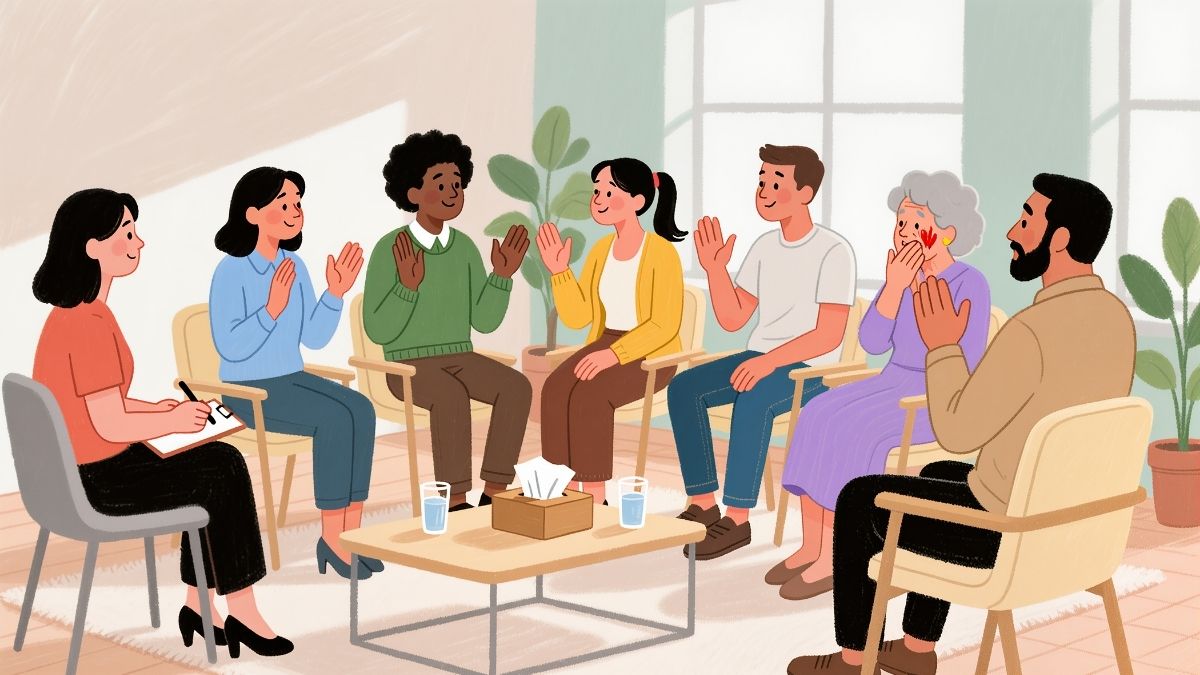
- Join one local group this month. Hiking club. Book club. Volunteer group. Pick one.
- Schedule video calls with friends or family. Put them on your calendar like work meetings.
- Say yes to invitations even when you’re tired. Push yourself to go.
- Work from a coffee shop or coworking space twice a week if you’re remote.
- Take a class. Cooking. Language. Fitness. Anything with other people.
- Get a pet if you live alone. Dogs especially force you to get outside and meet neighbors.
- Text one person every week to grab coffee or lunch. Make the first move.
Start small. Greet your neighbors by name. Join one community group. Volunteer once a month. These tiny actions could literally save your life.
Unhealthy Eating Contributes to Nearly Half of All Deaths
You think you eat okay. Maybe not perfect, but not terrible either. A little fast food here. Some frozen meals there. Experts call it “normal.” But normal is killing people.

Poor diet is linked to 20% of all deaths worldwide. In the U.S., bad eating habits contributed to almost half of more than 700,000 deaths from heart disease, stroke, and type 2 diabetes. More than two-thirds of heart disease deaths globally come down to what people put on their plates.
The Real Problem Isn’t What You Think
Most people blame junk food. Burgers. Fries. Soda. But the biggest killer is actually eating too much sodium. The average American gets 3,400 mg of sodium daily. That’s 48% over the safe limit of 2,300 mg.

Here’s the twist: The main issue isn’t eating too much bad food. It’s not eating enough good food. Not enough whole grains. Not enough nuts, seeds, fruits, vegetables, or omega-3 fatty acids. Your body is starving for nutrients while you fill it with processed stuff.

Ultra-processed foods hide massive amounts of sodium. They’re packed with trans fats and saturated fats. They trigger inflammation in your body. And you eat them every day without realizing the damage.
What Actually Works
The Mediterranean diet keeps winning in studies. It’s simple. Real food. Nothing fancy. Here’s what to add to your diet starting today:

- Whole grains every day (brown rice, oatmeal, whole wheat bread)
- A handful of nuts daily (almonds, walnuts, cashews)
- Fatty fish 2-3 times per week (salmon, tuna, sardines)
- 5+ servings of fruits and vegetables daily
- Cook at home 5+ nights weekly
Notice the word “add.” Don’t start by cutting things out. Start by adding good stuff. When you fill up on nutrients, you naturally eat less junk.
Your Action Plan This Week

- Meal prep on Sunday. Make 3-4 healthy dinners at once.
- Put healthy snacks where you can see them. Apples on the counter. Nuts in a bowl.
- Read one nutrition label today. Check the sodium. You’ll be shocked.
- Replace one meal this week. Just one. Swap fast food lunch for a salad with chicken and nuts.
- Keep it simple. You don’t need complicated recipes.
Diet is what researchers call “an equal-opportunity killer.” It doesn’t care about your age, race, or income. But the good news? You control what you eat three times a day. That’s three chances daily to choose life over death.
Unmanaged Stress Triggers Cascade of Deadly Health Problems
Your heart races at 2 AM thinking about work. Your jaw clenches reading the news. Your stomach knots when bills arrive. You call it stress. Your body calls it a slow-motion emergency that never ends.

Chronic stress doesn’t just make you feel bad. It kills you. Depression linked to stress increases your risk of heart failure and heart attack. Prolonged stress leads to lifestyle diseases including depression, anxiety, and chronic conditions. It contributes to high blood pressure, clogged arteries, and addiction.
The Cortisol Problem
When stress never stops, your stress hormone cortisol goes haywire. It loses its natural daily rhythm, causing system-wide dysfunction. Chronic high cortisol leads to bone loss, belly fat, and brain shrinkage in areas that control memory. Your body’s alarm system stays on like a car engine idling too high for too long. Eventually, it breaks.

The damage spreads everywhere. Chronic stress is linked to metabolic disorders, inflammatory diseases, cognitive problems, and autoimmune conditions. It changes your brain in ways that fuel anxiety, depression, and addiction. Your immune system weakens, making you sick more often.
What’s Stressing You Out
34% of people globally report depression. During COVID, anxiety cases jumped by 76.2 million worldwide. Modern life never lets up. Work pressure and job insecurity.

Money worries. Your phone buzzing nonstop. Doom-scrolling news feeds. Taking care of aging parents or sick relatives. Zero control over your schedule.
How to Break the Cycle
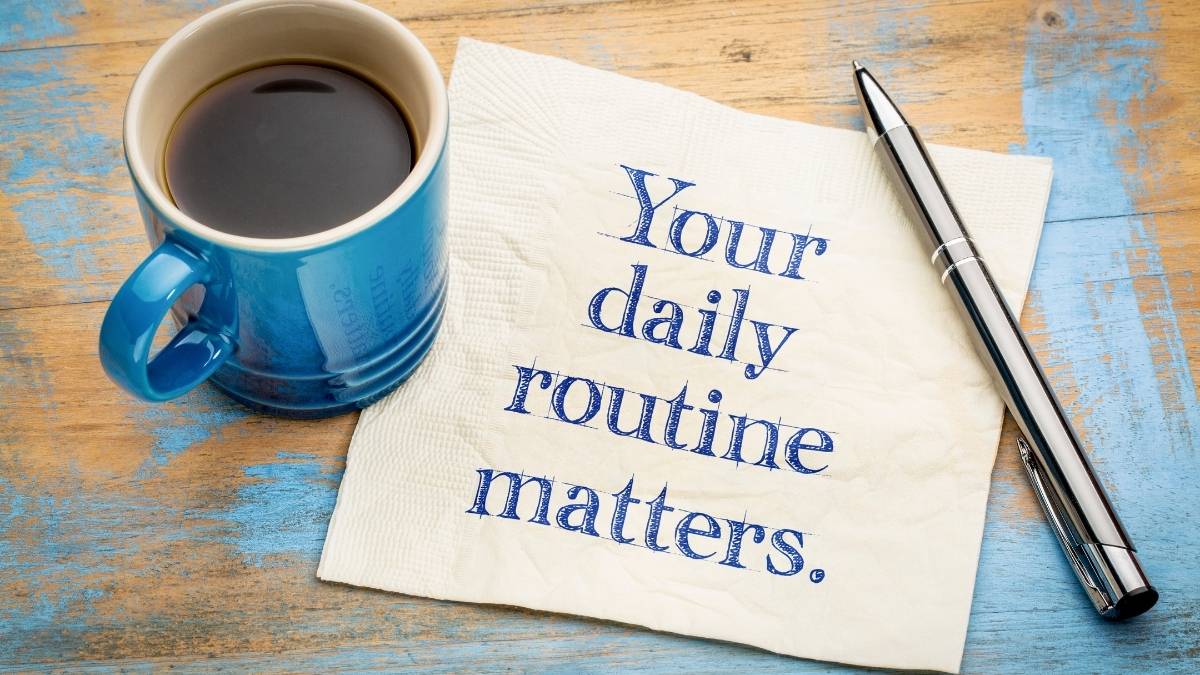
- Meditate for just 5-10 minutes daily. Studies show it lowers cortisol levels.
- Move your body regularly. Exercise burns off stress hormones.
- Sleep 7-8 hours. Poor sleep makes stress worse, and stress ruins sleep.
- Set hard boundaries with work and technology. Turn off notifications after 7 PM.
- Try deep breathing when stress hits. Breathe in for 4 counts, out for 6.
- Learn visualization or try yoga and tai chi. They calm your nervous system.
- Build a social support network. Talk to people who get it.
- Consider therapy. Cognitive behavioral therapy specifically helps manage stress.
At the Last,
These five everyday habits—sitting too long, poor sleep, constant stress, skipping exercise, and social isolation—quietly raise your mortality risk. Each has a clear point where danger increases. Exercise alone can’t fix hours of sitting. Lack of sleep affects every organ. Chronic stress and loneliness speed up aging and disease.
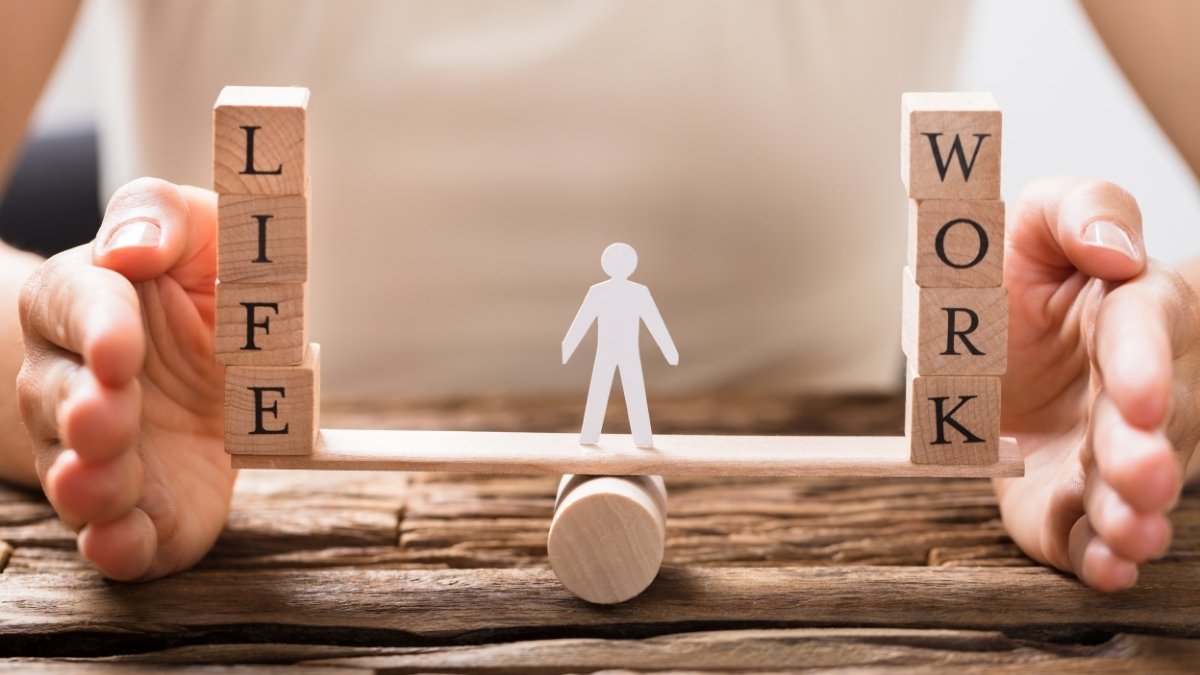
Start simple. Pick one habit to improve this week. Set a specific goal like “stand up every 45 minutes” instead of “sit less.” Track it for seven days and tell a friend for accountability. Small, steady changes beat drastic plans. These everyday habits’ mortality risk factors are modifiable—your daily choices determine your longevity more than genetics.



